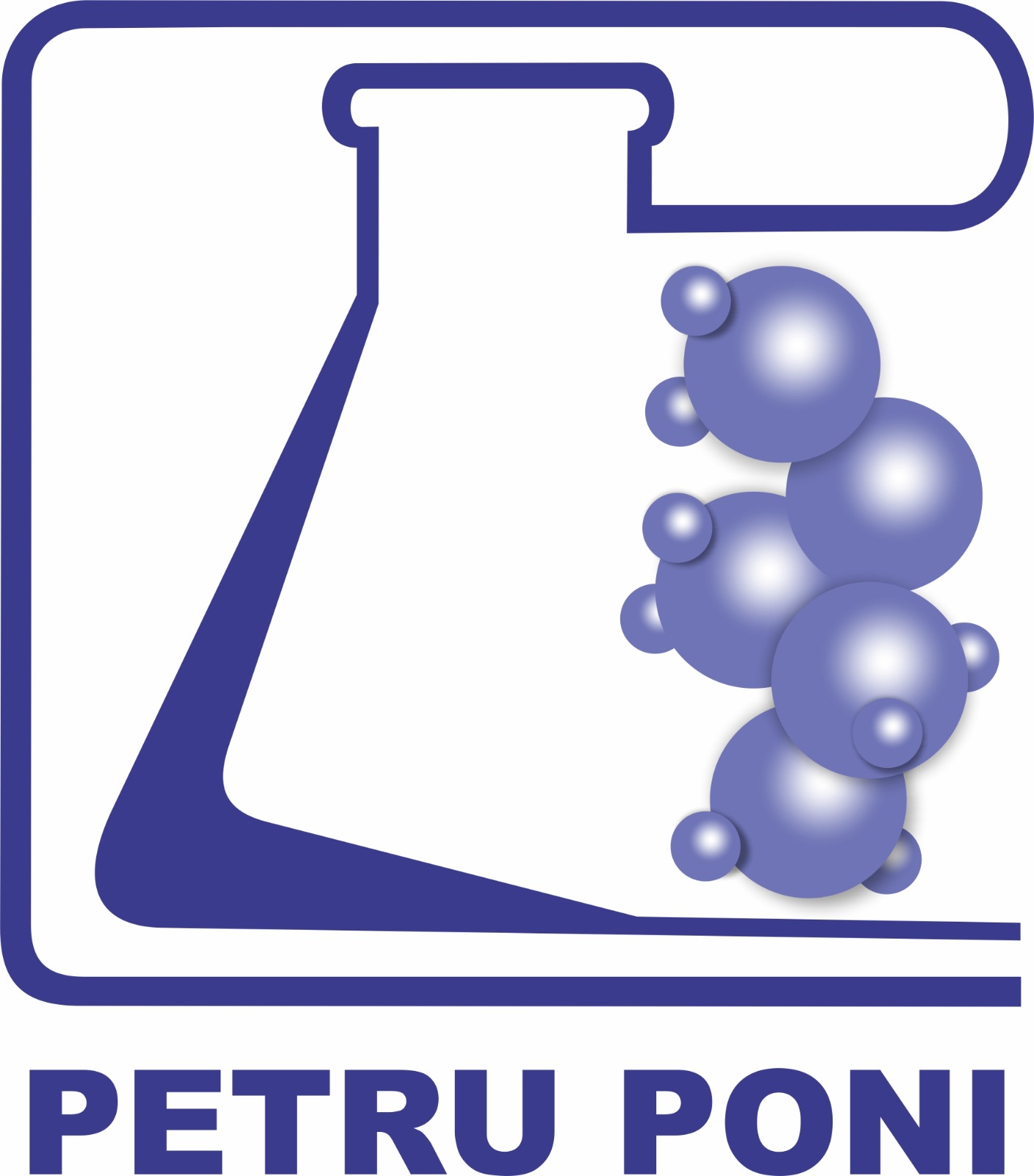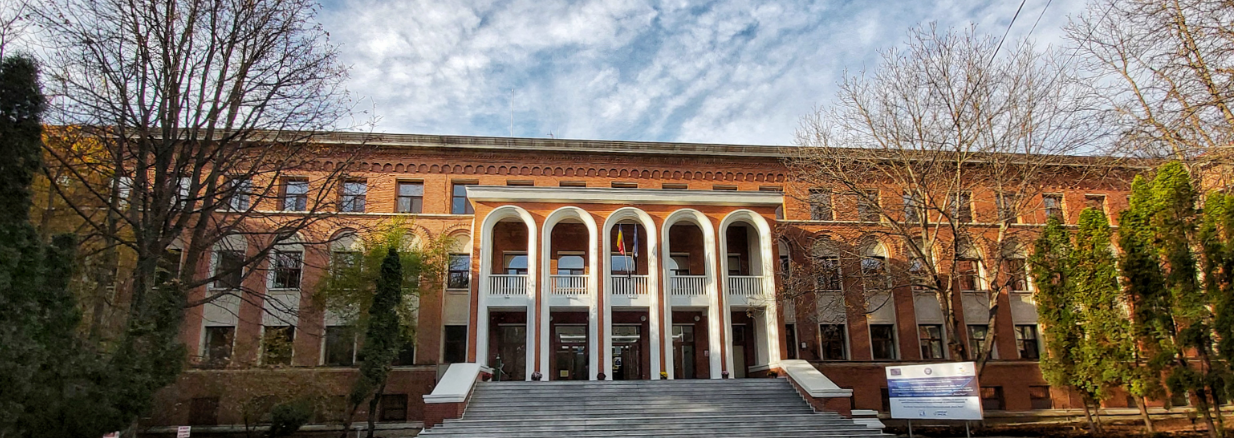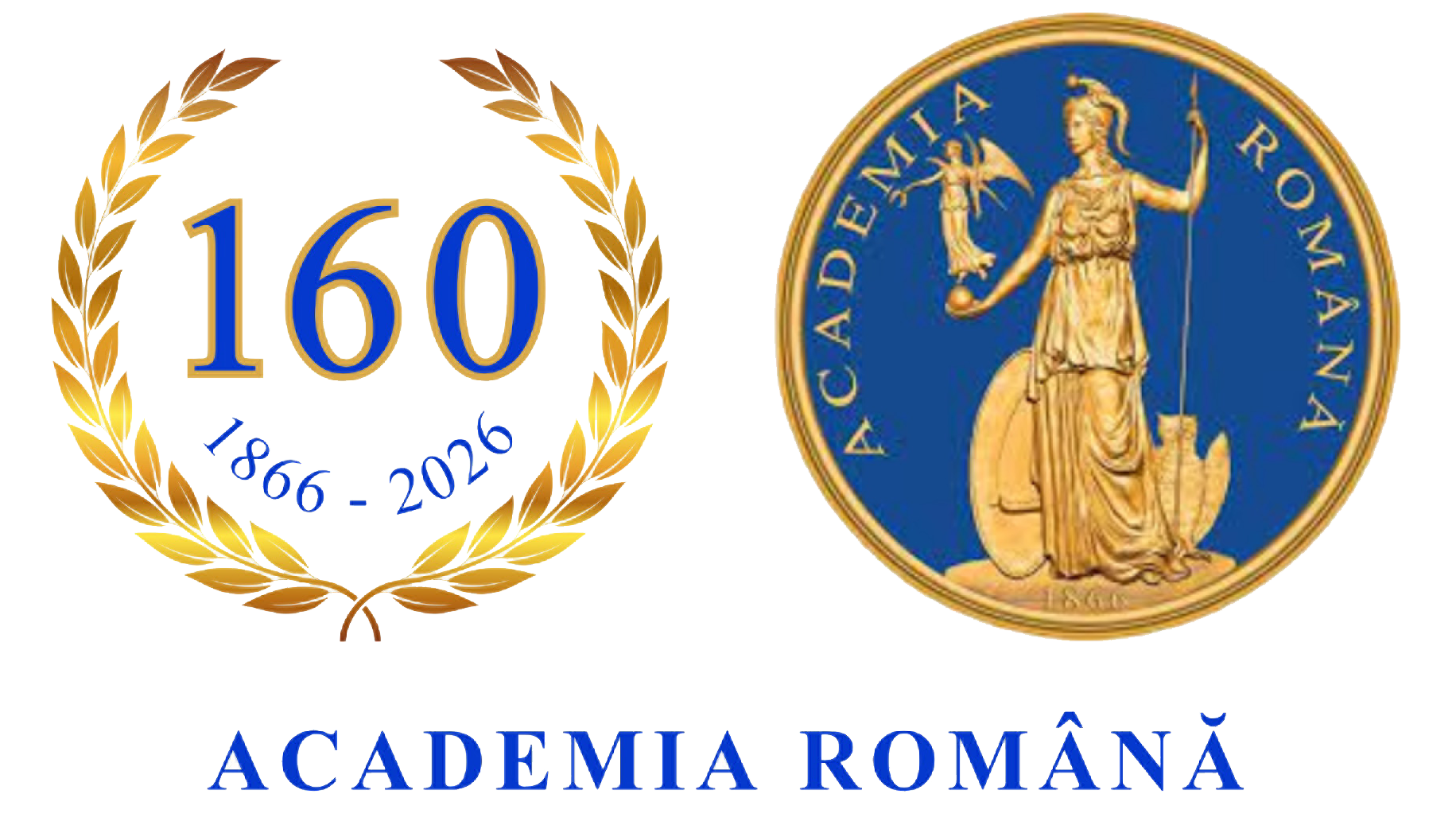MAIN RESULTS
The main interest of the group consists in the development of polymeric membrane materials with an essential role in solving the ecological requirements, and at the same time, with a significant influence on the life quality. Due to the complexity of the aspects related to the chemistry, kinetics and thermodynamics of the physico-chemical processes involved in the polymeric systems study, there are many areas that generate extensive studies for establishing the relationship between structure-properties-new areas of use. In this context, the following research directions are considered:
1. Physico-chemical approaches on composite materials (functionalized polysulfones/natural origin polymers)
- Synthesis of new functionalized polysulfones with different reactive groups: by incorporating functional reactive groups generating structures that show: increased reactivity, good solubility and ability to form films, properties favorable to the intended purpose.
- Obtaining composite materials by using polymers with special architectures: functionalized polysulfones (chloromethylated, phosphorylated, quaternized, etc.) and natural derivatives (cellulose, cellulose derivatives, polyvinyl alcohol, chitosan, etc.) with improved physical and chemical properties (stability and durability, elastic properties, degree of crystallinity, shear behavior, viscoelastic behavior over time and depending on the temperature) and different forms of organization for applications in the top fields of modern technology.
- Optimization of properties by viscometry/rheology as a function of different parameters: concentration, temperature, solvent, and composition.
- Ionic transport processes in solutions by conductometric study.
2. Molecular thermodynamic approaches and mathematical simulations in polymeric systems
- Establishing compatibility of polyelectrolyte/neutral polymer mixtures from osmometric measurements.
- Elaboration of mathematical models for complex systems (e.g., polymer/solvent/nonsolvent or polymer/polymer/solvent) in order to quantify the specific interactions.
- Optimization by specific theories and mathematical simulations of the obtained particular results, taking into account the complex structure of the multiphase systems.
3. Membrane materials with bio- and electroactive properties
- Establishing the relationship between structure-properties for obtaining films/membranes/ polymer fibers with particular destinations.
- Processing of polymeric solutions to create new materials that can modulate membrane properties, sustainable in membrane technology with extensive applications towards biomedical and environmental fields.
- Testing the applicative potential of membranes in biomedical fields by evaluation of the biocompatibility, antimicrobial activity (e.g., ion exchange membranes for hemodialysis).
- Controlling the membrane performance in terms of the selectivity and separation accuracy for environmental applications, as ultrafiltration membranes in water treatment and/or gas separation. |






